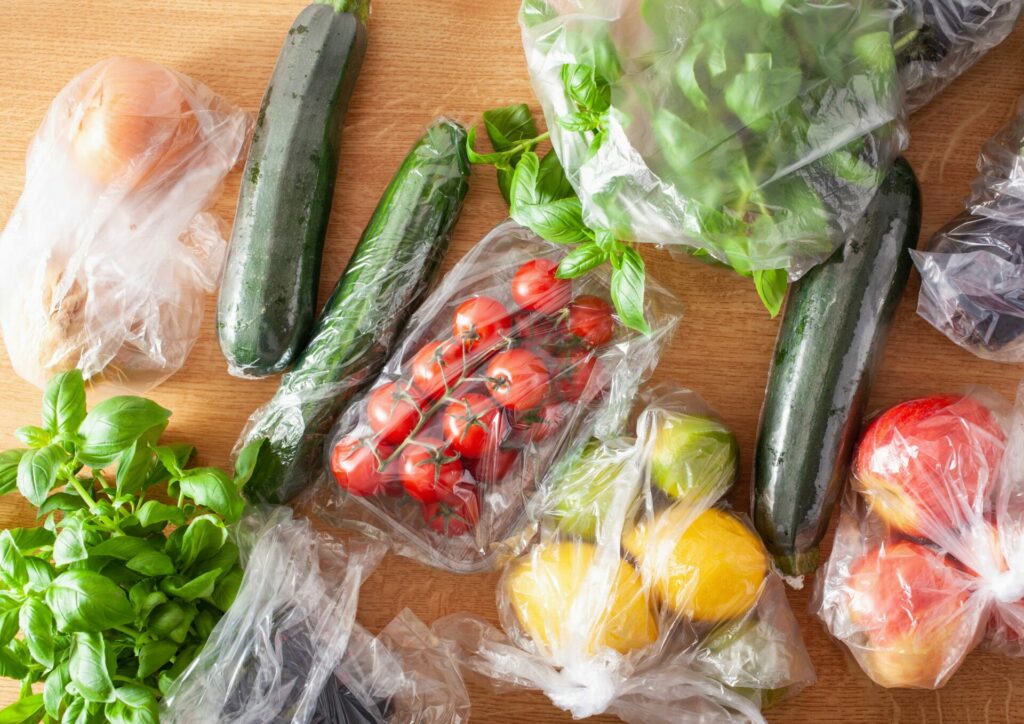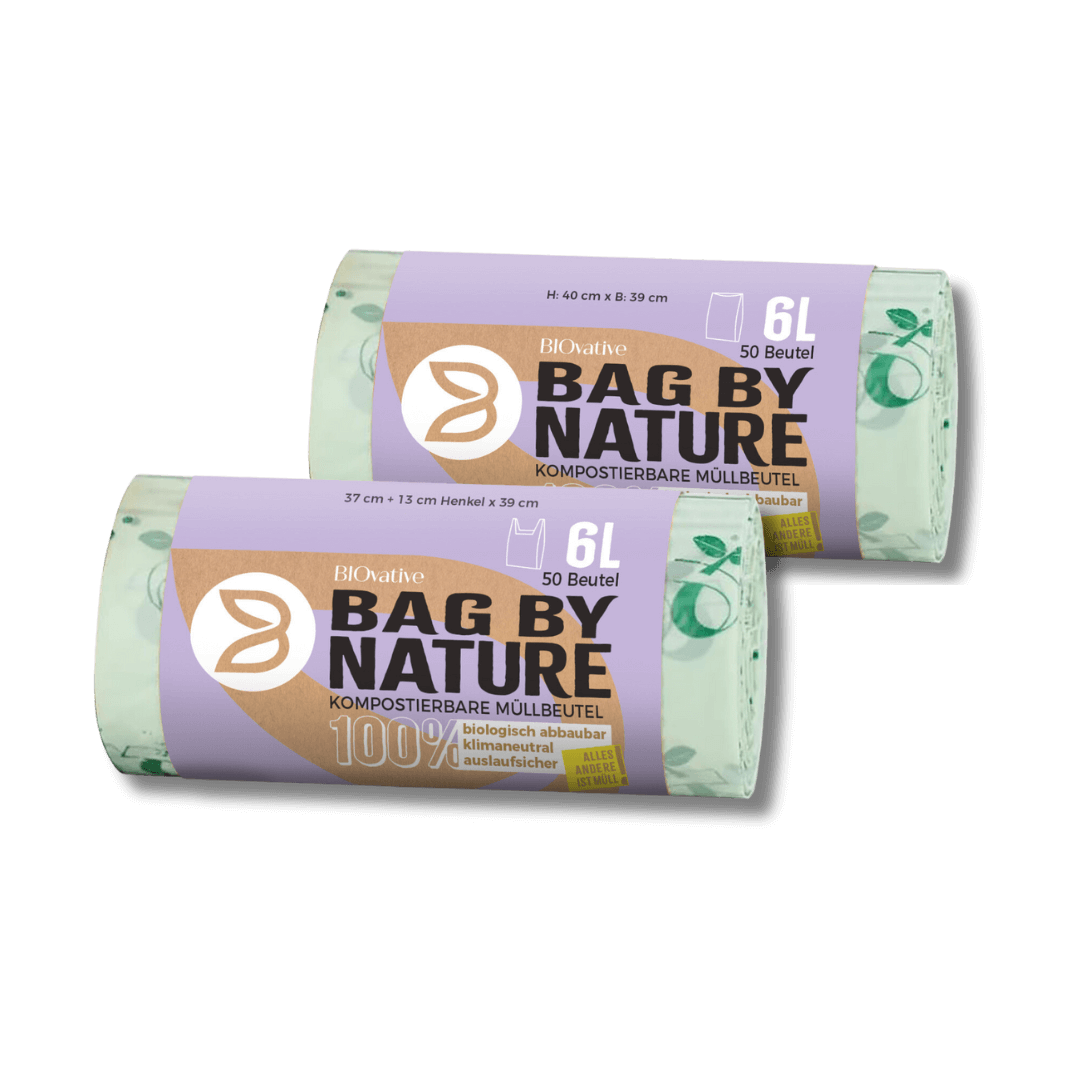Glossary » plastic bag
plastic bag
Organic waste and plastic bags: What you should know
The correct disposal of organic waste is an important contribution to environmental protection. But the question arises again and again: Can organic waste be disposed of in plastic bags? Clearly – no, plastic bags should not be put in the organic waste.

Plastic bags and organic waste: A problematic combination
As a general rule, plastic bags do not belong in organic waste. The conventional plastic bags that we use in everyday life are made of polyethylene or other plastics that are not biodegradable. The plastic parts do not decompose and remain as microplastics, which pollute the environment and greatly reduce the quality of the compost produced.
If you dispose of your organic waste in conventional plastic bags, it does not end up in the intended recycling cycle, but is often sorted out and incinerated. This leads to additional costs and an unnecessary burden on the environment. You should therefore make sure that you put your organic waste directly into the organic waste bin without a plastic bag or use a suitable alternative.
Compostable plastic bags: An environmentally friendly alternative?
In recent years, compostable plastic bags have come onto the market, which are advertised as an environmentally friendly alternative to onventional plastic bags. These bags are made from biodegradable materials such as starch, cellulose or polylactide (PLA) and are usually labelled as ‘compostable’ or ‘biodegradable’. But are they really the solution?
The idea behind compostable plastic bags is that they decompose completely under certain conditions and therefore leave no harmful waste behind. In practice, however, there are some challenges:
Compostable plastic bags require special conditions in order to be fully degraded. These conditions are present in industrial composting facilities, but not necessarily in domestic compost heaps. If the necessary conditions are not met, the bags do not decompose completely and can cause similar problems to conventional plastic bags. They do not pose a problem in industrial composting plants.
Organic waste film bags - Yes, but only certain ones!
Many consumers are unsure which bags are actually compostable and which are not. As a result, conventional plastic bags also end up in organic waste, which disrupts the composting process. What’s more, most waste disposal companies are very strict about this and will not take away organic waste bins that contain bags (regardless of certification and material).
The good news is that we at Biovative are on a mission. Our bags are already DINplus certified, which confirms that they decompose in industrial composting plants within a maximum of 6 weeks. We are already working with several waste management companies and are certain that our organic bags will soon be recognised and recommended by more and more waste disposal companies. Find out more soon.
Until then, organic bags are still a good choice to reduce plastic and keep your organic waste bin clean. However, as long as your waste disposal company does not yet allow organic waste bags, the contents and bags should end up in separate bins.
Conclusion
In principle, plastic bags have no place in organic waste, as they disrupt the composting process and pollute the environment. Compostable plastic bags offer a good alternative. The best options are therefore the use of compostable plastic bags, paper bags and the loose disposal of organic waste in the organic waste bin.
Discover our products
Compostable bin liners
For clean and sustainable disposal of your organic waste






